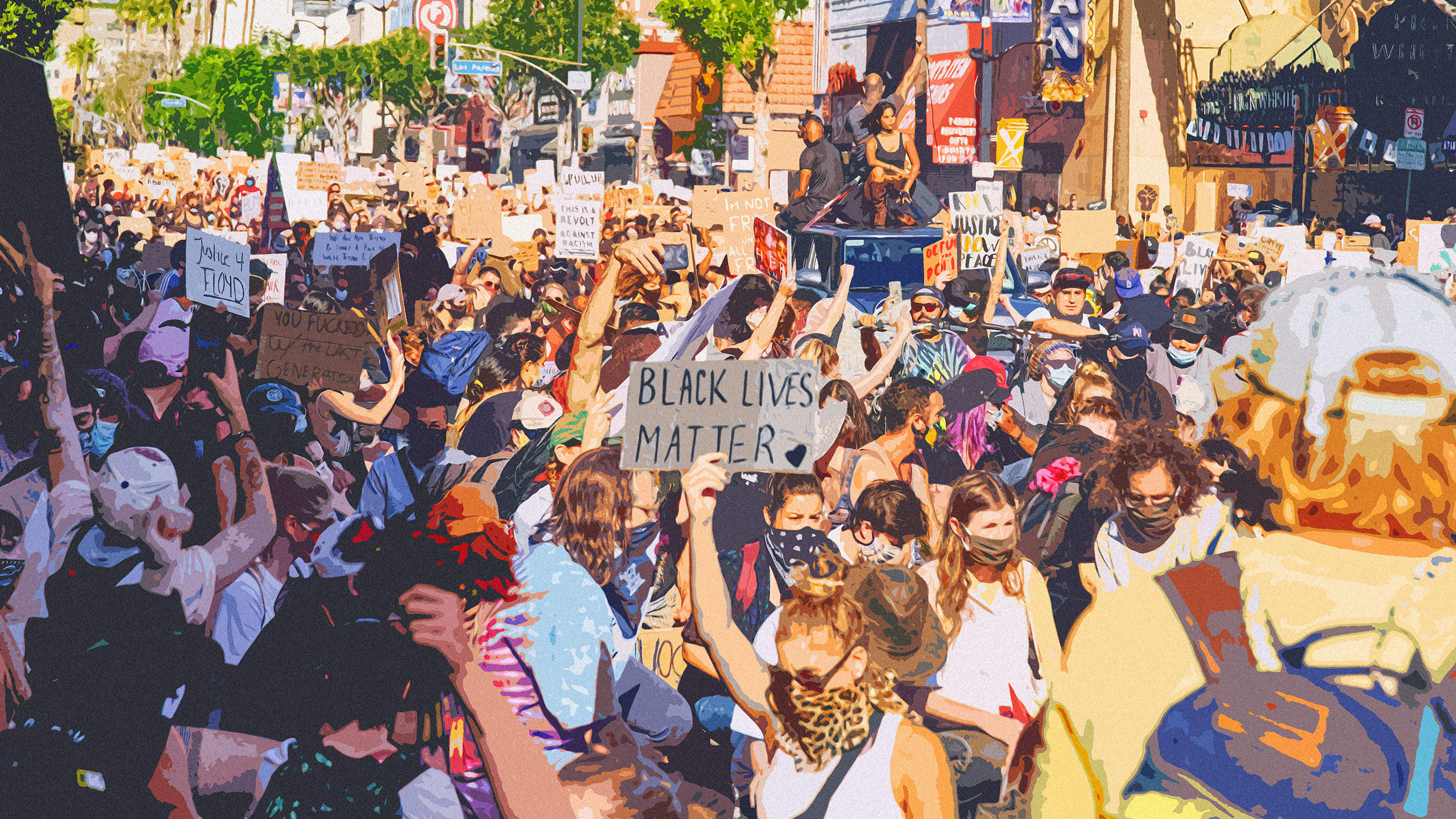
"Researchers found that individuals with an 'impact mindset'—focusing on how their actions affect others—were more likely to engage in meaningful actions to support racial justice."
"The study revealed four types of mindsets that influence engagement in racial justice issues: impact mindset, dependency mindset, egocentric mindset, and altercentric mindset."
"Significantly, the research indicates that those with an impact mindset were also more likely to maintain their engagement over time, even after the public interest waned."
"The key to sustaining commitment to racial justice lies not in pressure or guilt, but in the belief that one's actions can make a positive difference in others' lives."
In 2020, widespread protests for racial justice created significant momentum, but five years later, support has diminished. Research from Stanford and Yale identifies the importance of one's mindset in sustaining commitment to racial justice. Four mindsets were identified: impact, dependency, egocentric, and altercentric. Key findings indicate that those with an impact mindset—focusing on the effects of their actions—were more likely to take and maintain meaningful action over time. The belief in making a positive difference in others' lives was highlighted as essential for ongoing engagement.
Read at Fast Company
Unable to calculate read time
Collection
[
|
...
]